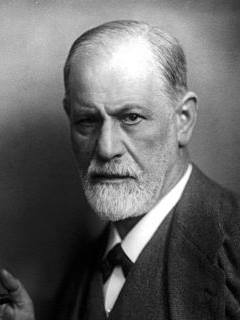
Publication details
Publisher: Springer
Place: Berlin
Year: 1984
Pages: 209-220
Series: The Hastings Center Series in Ethics
ISBN (Hardback): 9781468478525
Full citation:
, "Freud's influence on the moral aspects of the physician-patient relationship", in: Darwin, Marx and Freud, Berlin, Springer, 1984


Freud's influence on the moral aspects of the physician-patient relationship
pp. 209-220
in: Arthur Caplan, Bruce Jennings (eds), Darwin, Marx and Freud, Berlin, Springer, 1984Abstract
My comments stem mainly from my identity as a physician, a person to whom society grants access, for health-related purposes, to the minds and bodies of others—sometimes, even, unwilling others. Privilege of access carries moral responsibility. The primary and traditional medical responsibility is not to harm. Is the physician also obliged to help the patient become a "better" person? Most would answer in the negative, although their expectations of patient compliance suggest that this may well be so. In fact, such an expectation would fit the socially reinforced paternalism of the physician. The answer for the psychoanalyst, however, must always be yes, if increased self-knowledge is regarded as intrinsically "good" or morally desirable. Self-knowledge, after all, is granted highest value as the goal of the clinical psychoanalytic process. It signifies, in Freudian terms, freedom from the bondage of the unconscious and, therefore, increased conscious responsibility for one's own behavior.
Cited authors
Publication details
Publisher: Springer
Place: Berlin
Year: 1984
Pages: 209-220
Series: The Hastings Center Series in Ethics
ISBN (Hardback): 9781468478525
Full citation:
, "Freud's influence on the moral aspects of the physician-patient relationship", in: Darwin, Marx and Freud, Berlin, Springer, 1984

